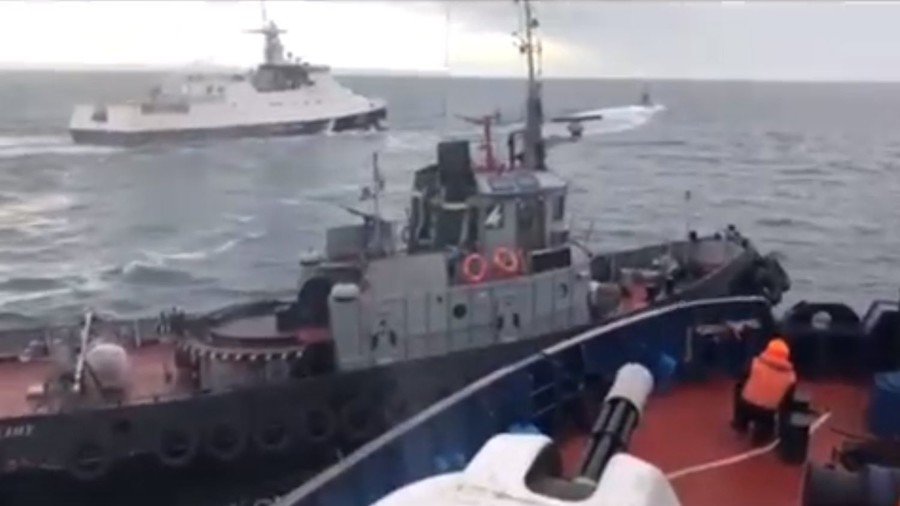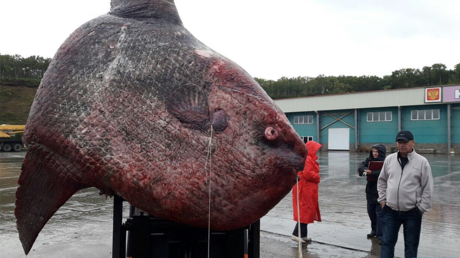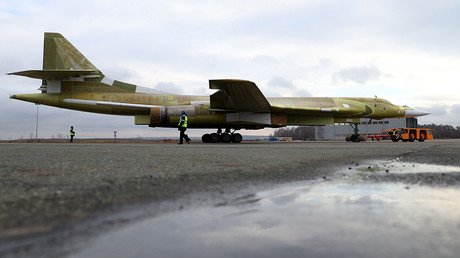Free press? Radio Liberty asks Kiev minister for permission to use RUSSIAN video of Kerch standoff

Radio Free Europe/Radio Liberty has gone to great lengths to ensure using a Russian video of the Kerch Strait standoff was OK with Kiev, asking none other than the Ukrainian Interior Minister for permission.
Footage of a Russian border guard vessel ramming a Ukrainian naval ship on Sunday was filmed by the Russian sailors aboard, before it was shared on Twitter by Ukraine’s Arsen Avakov. Rather than ask the Russian authorities for the video – which had also been made public – the American-funded Radio Free Europe went right to Avakov.
Добрый день! Господин Аваков, можно ли использовать это видео для эфира новостей русской службы RFERL (Радио Свобода) на телеканале "Настоящее время"?
— Радио Свобода (@SvobodaRadio) November 26, 2018
But why not go direct to the source? Well, using Russian footage might not be a smart move in Ukraine. Russian journalists have been jailed, abducted and deported there. Others have had their personal data leaked, and the Ukrainian intelligence services’ faked assassination of one Russian journalist made worldwide news this summer.
With all that in mind, perhaps it’s no wonder that RFE played it safe and asked Avakov first. However, coming from a minister who once tried to blackmail his own government, that permission might be fickle.
READ MORE: Tense standoff around Kerch Strait between Russia & Ukraine: How it developed
Meanwhile, Ukrainian President Petro Poroshenko has taken steps to impose martial law in the wake of the confrontation, allowing his government to impose travel restrictions, limit freedom of assembly, and clamp down on media outlets in the interest of “national security.”
Think your friends would be interested? Share this story!














